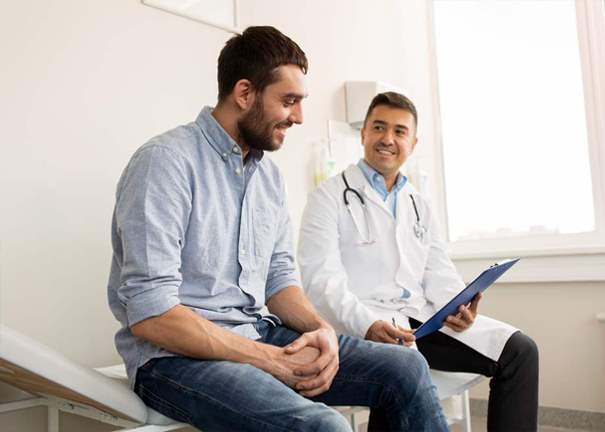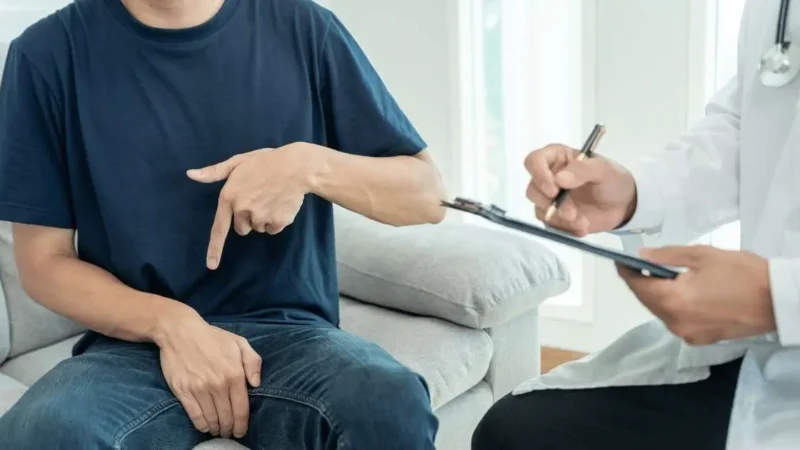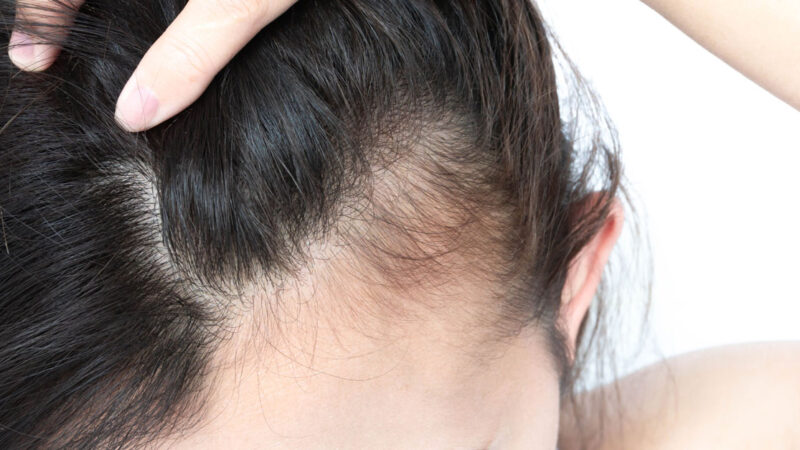Varicose vein and pregnancy
During pregnancy, it is natural for the volume of blood within the body to increase to support the growing foetus. This change can lead to the appearance of varicose veins. These are veins that are visibly swollen on the surface of the skin. They can have quite a striking look, appearing purplish and rope-like. It is very important to know if you have varicose veins and if so, how severe it is. The earlier this condition is addressed, the better for you and your baby.You could the website https://medicare-europe.com/ to get more learn about the varicose vein in pregnancy.
These veins are usually no cause for panic. There are practical steps you can take to prevent them occurring and where they do occur, varicose veins often go away on their own after pregnancy. In some cases the pooling of blood within the veins can result in unpleasant symptoms, such as itching or pain. Also, unsightly long-term veins can become an issue for some mothers, affecting choice of clothes and social engagements. Rest assured that there are plenty of minimally invasive and effective treatment options available.
It is unlikely that varicose veins will be treated during pregnancy. However if the symptoms become pronounced over an extended period of time then some treatment may be considered. In this case we would recommend a consultation with a vascular specialist and potentially an ultrasound scan.
At UK Vein Clinic our vascular experts specialise in treating varicose veins, using the most effective methods available today. These include radio-frequency ablation (sealing the veins from the inside with heat) and sclerotherapy (sealing the vein with a foam injection) which are proven, minimally-invasive and highly straightforward treatments. If you have any further queries, book a consultation with one of our very specialised vein doctors, and put your mind at ease.
How do varicose veins form?
In the simplest terms, varicose veins are caused by weak vein walls and valves. Valves are cup-like membranes that open to allow blood flow, and close to prevent the blood from flowing backwards, meaning they can allow blood to travel “uphill” towards the heart for re-oxygenation. Your veins are very reliant on the body’s efficient network of one-way valves. Sadly, an increase in blood flow can affect how efficiently your valves work. When they do not work properly, blood can collect (or pool) within the veins instead of travelling through, which is what leads to the raised and swollen look, also known as the “varicosity”of varicose veins.
What factors increase the likelihood of varicose veins?
- Hereditary genes- If other members of your family have (or have had) varicose veins, you are more likely to get them.
- Sex- Due to differences in hormonal balance, women are generally more likely to be affected by varicose veins.
- Obesity- Larger bodies tend to be affected more by varicose veins, so if you are overweight or obese, you have a higher predisposition for varicose veins.
- Lifestyle- If you work at a job that requires you to be standing around on your feet a lot, this will increase your chance of experiencing varicose veins.
How can you reduce your chances of getting of varicose veins?
There are many ways to minimise the effect of varicose veins.
Firstly, it is important to ensure that you are moving enough throughout your pregnancy. This is because it encourages a healthy blood flow. Avoid standing or sitting for long periods and keep your legs raised when lying or sitting down. Try to keep your legs elevated while you are asleep as well.
You can even schedule low-impact exercise into your weekly schedule to ensure that your body keeps active consistently.
These might include:
- Short frequent walks-Try to take short walking breaks as much as possible so that you get enough blood circulation within your legs.
- Swimming-This is a great way to improve and maintain your cardiovascular fitness.
- Exercising the feet- Incorporate foot exercises into your daily routing, so that you are stretching, bending and rotating both feet at least 30 times per exercise. Exercising the feet is a very useful and accessible way to keep your legs moving, as it can be done without even leaving the couch!
If you find yourself in a situation where you have to sit still a lot, consider wearing compression tights. Compression tights can be very helpful in easing the symptoms of varicose veins. Check with your midwife to see if these are appropriate for you.
When to call the doctor?
Again, varicose veins are generally not harmful. Even vulvar varicose veins should not affect giving birth, as there is such little flow of blood in these veins. Notwithstanding, ensure that your midwife is aware if you find varicose veins appearing anywhere on your body.
If your varicose veins do not go away by themselves up to half a year after pregnancy, you could also consider having them removed with a minimally-invasive procedure. More pressingly, if you notice that your veins feel especially hard, warm, painful, or appear very red in colour, you should definitely contact a vascular specialist.
Find us at: www.ukveinclinic.com
Useful links:
https://www.healthline.com/health/pregnancy/varicose-veins#The-causes-of-varicose-veins-





